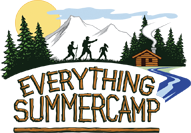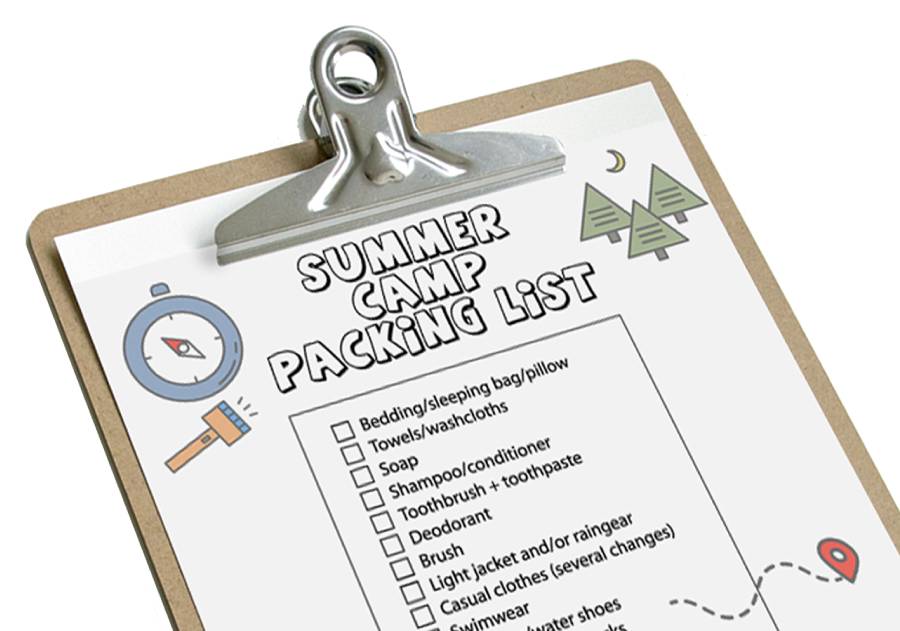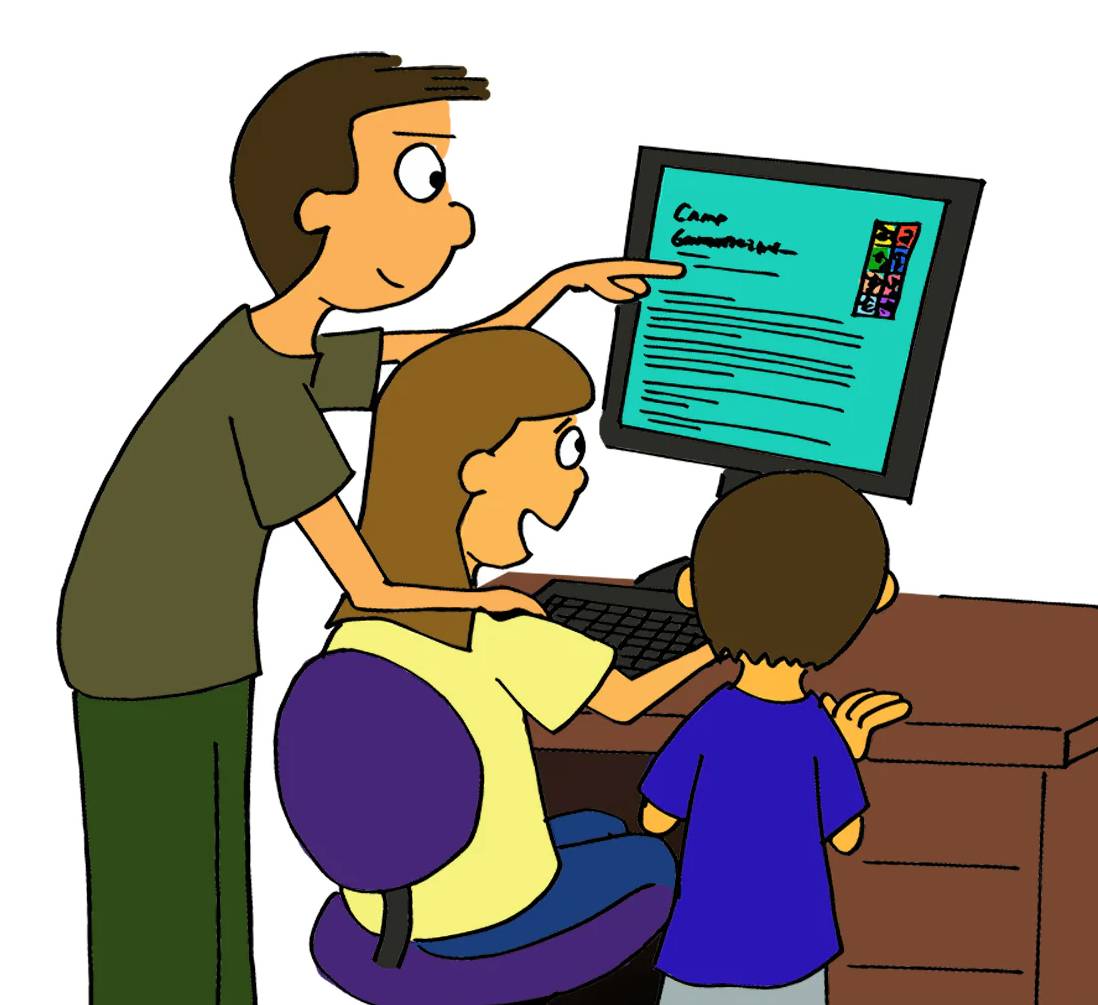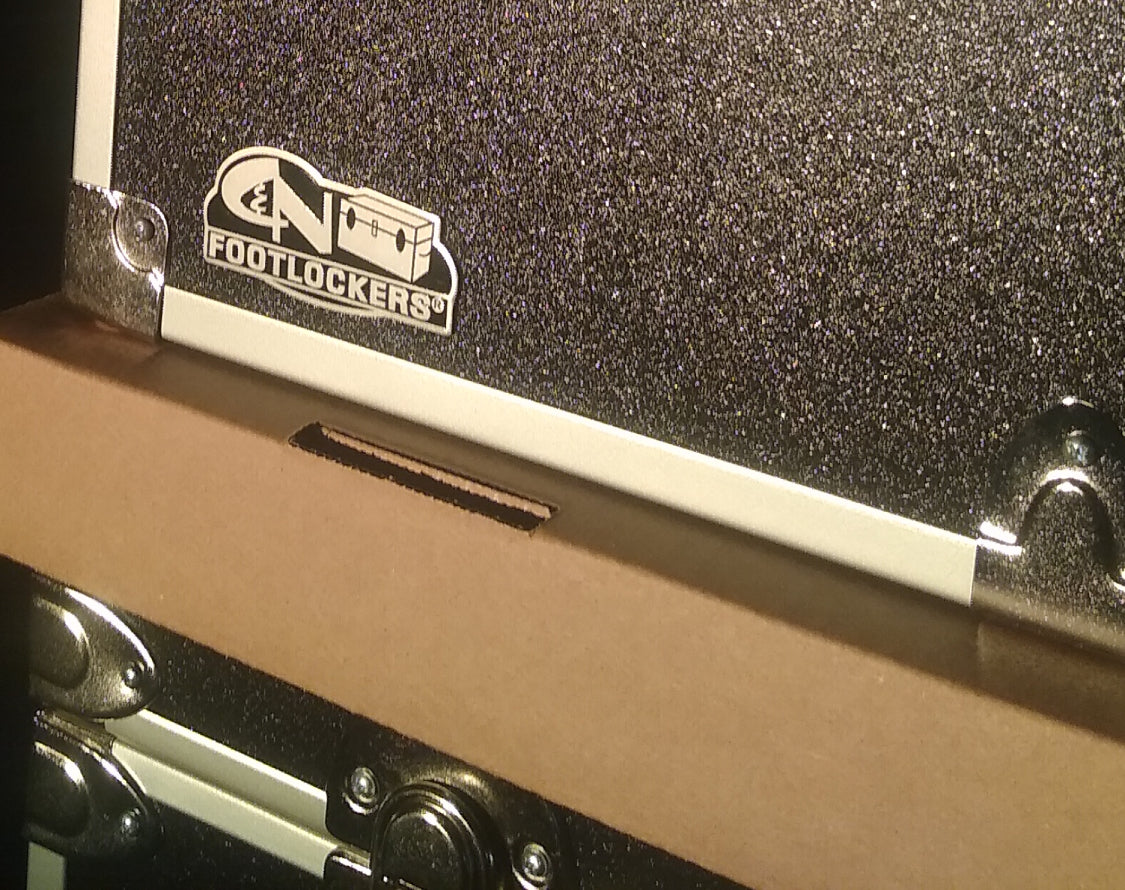
Hey, Camp Lovers!
Essential to summer camp trips year after year (as well as our bread and butter here at Everything Summer Camp), the C&N Camp Trunk is the best way to send your camper with their gear off for their camp stay. It’s been the #1 recommended trunk for summer camp for decades.
While, it remains the go-to choice for sending your child off to camp with all their essentials neatly packed away, its utility doesn't end there. There are, in fact, a slew of ways our customers have found to put our trunks to good use outside of the summer camp season. Here's a rundown of the myriad ways our customers have used our footlocker trunks:
Document and Tech Storage
Keep important documents, books, laptops, and other tech equipment safely stowed away.
Aquarium Accessories
Use it to store aquarium equipment and other fish accessories, keeping them organized and easily accessible.
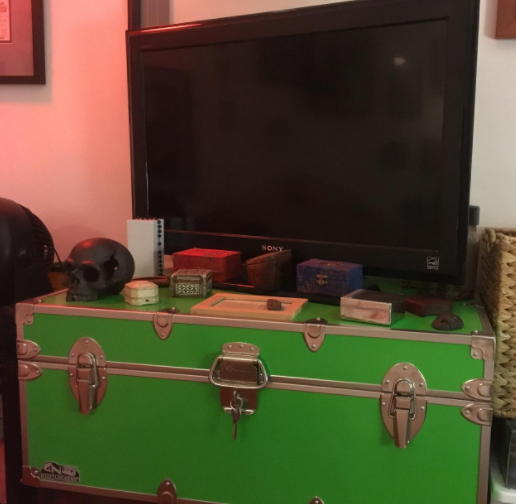
Musical Instruments
Provide a secure space for musical instruments, ensuring they remain protected when not in use.
TV Stand
Turn your trunk into a makeshift TV stand, adding a rustic touch to your entertainment area.
Keepsakes
Safeguard cherished memories and keepsakes from special occasions like graduations, wedding days, in a durable and reliable trunk.
Hope Chest
Create a timeless hope chest to store mementos and treasures for future generations.

Shoe Storage
Tidy up your footwear collection by using the trunk to store shoes and boots, keeping them neatly organized and out of sight.
Kitchen Hutch
Utilize the trunk as additional kitchen storage, perfect for stashing away extra cookware, utensils, or pantry items.
Toy Organizer
Corral your child's toys and games in one convenient location, helping to minimize clutter and maximize space.
Sports Equipment and Gear
Keep expensive sporting equipment safe and secure, whether it's tennis racquets, baseball gloves, or horseriding helmet and apparel.

Collections
Showcase and safeguard your prized collections, whether it's stamps, coins, or trading cards.
Bedding and Clothing
Store extra bedding and clothing in the trunk, providing a practical solution for seasonal storage.
Gifts and Giftwrap Accessories
Keep gifts and gift-wrapping supplies neatly organized, easily accessible, and locked away from prying eyes so you're always prepared for special occasions.
With its durable construction and spacious interior, the C&N Camp Trunk is not just a camp essential—it's a versatile storage solution for any home. Discover the endless possibilities and put your trunk to work in ways you may have never thought of before. Leave a comment and let us know how you use your camp trunk outside of camp. Thanks for reading, Camp Fans. And, as always, thanks for reading!
- John
